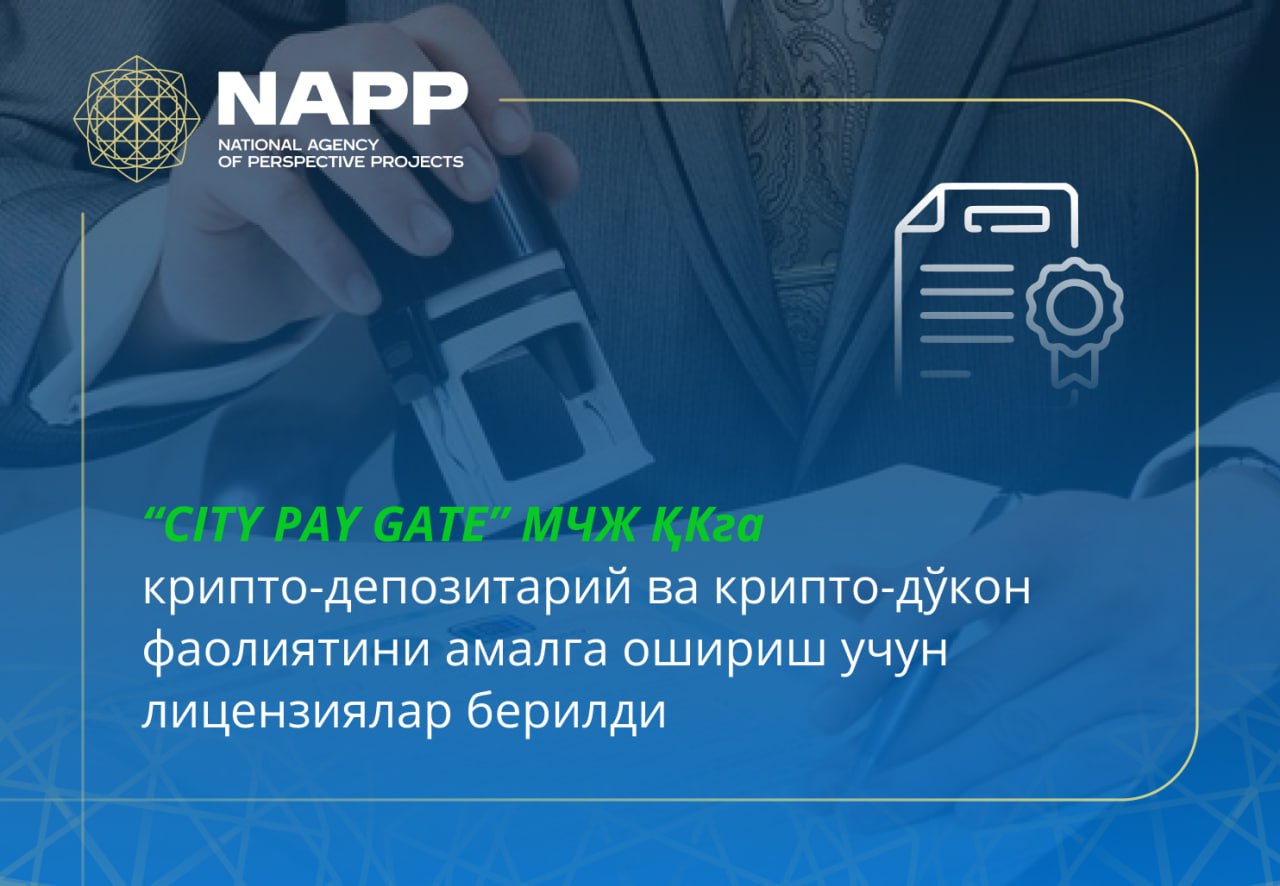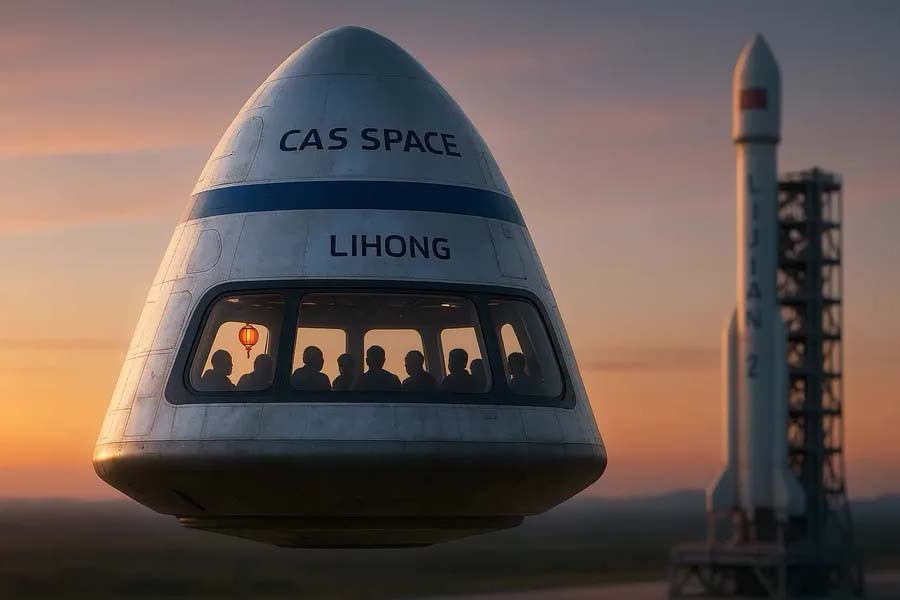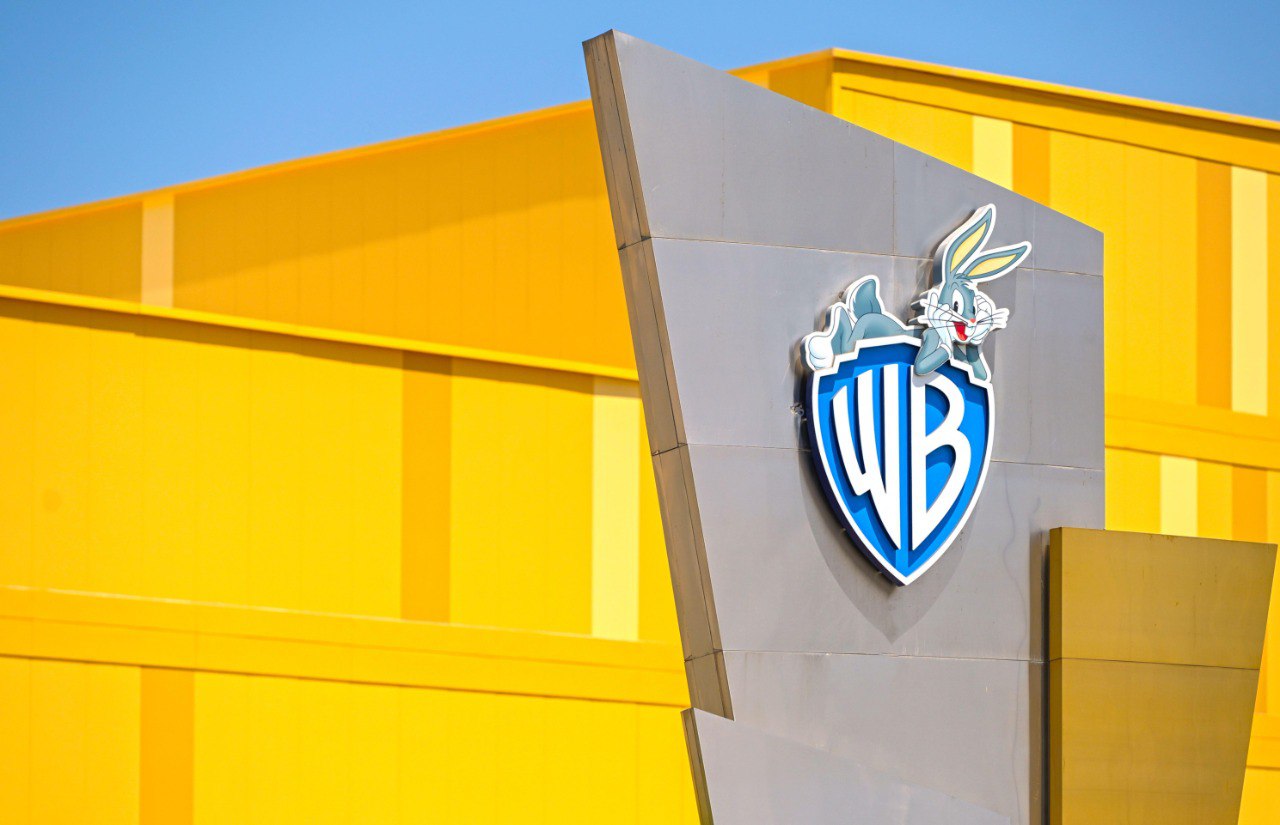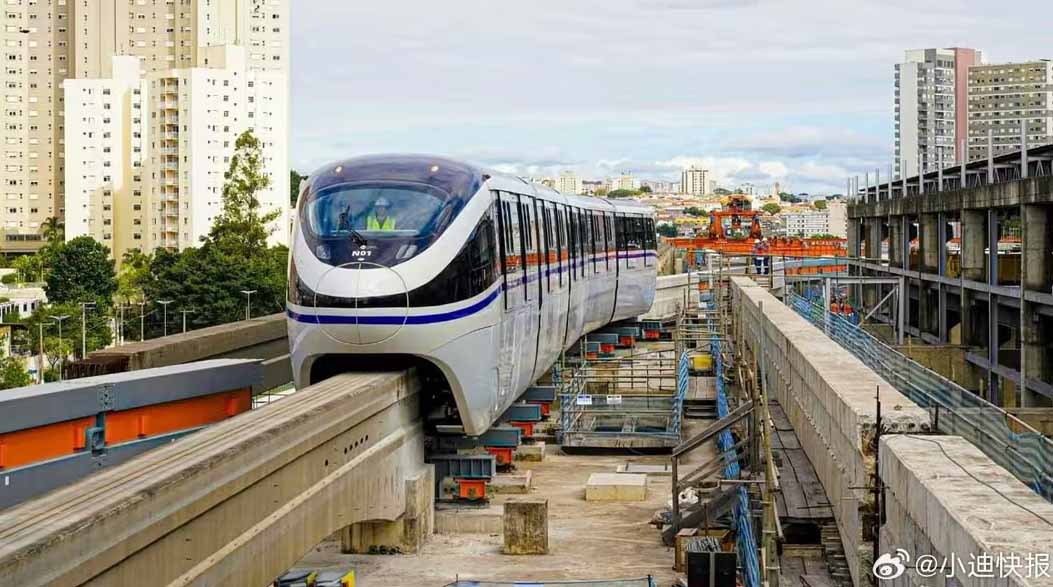The American technology corporation Microsoft has entered into a long-term agreement with the company Vaulted Deep for the supply of carbon removal services worth about $ 1.7 billion. This is an innovative waste management method involving the disposal of biological and agricultural materials in geologically stable formations.
Under the terms of the deal, up to 4.9 million tons of carbon dioxide will be removed by 2038 through deep burial of organic waste. The project is being implemented in the United States and covers cooperation with industrial, agricultural and municipal enterprises.
Deep storage technology as a decarbonization tool
Vaulted Deep specializes in the disposal of waste that is not recyclable and cannot be safely returned to the soil. These materials include sludge, manure, paper sludge, and organic and agricultural residues. All these components are pumped into special deep wells located several thousand feet underground, in geological reservoirs closed by impenetrable layers of rock.
This approach ensures long-term carbon fixation and prevents the leakage of methane, a greenhouse gas that has a more powerful effect than carbon dioxide. In addition, the method minimizes the release of toxic substances into the environment, including perfluorinated compounds that are resistant to decomposition.
Corporate carbon reporting as a business transformation factor
For Microsoft, participating in such a project is not charity, but a strategically important part of environmental reporting. Regulatory requirements for transparency regarding corporate emissions and carbon footprint are being strengthened every year. This is especially true for technology companies with an extensive infrastructure of data centers and logistics chains.
Since Microsoft cannot completely eliminate its own emissions, it is forced to compensate for them through external carbon removal mechanisms. This is in line with the global practice of sustainable development, which is followed by other international corporations seeking to achieve carbon neutrality by the middle of the 21st century.
Investing in landfill infrastructure is not only a step towards reducing climate risks, but also an attempt to establish leadership in the field of corporate responsibility.
The agreement with Vaulted Deep is one of the largest private contracts in the carbon removal sector and at the same time confirms the growing interest in sustainable technological solutions that can transform both environmental and economic business models.













